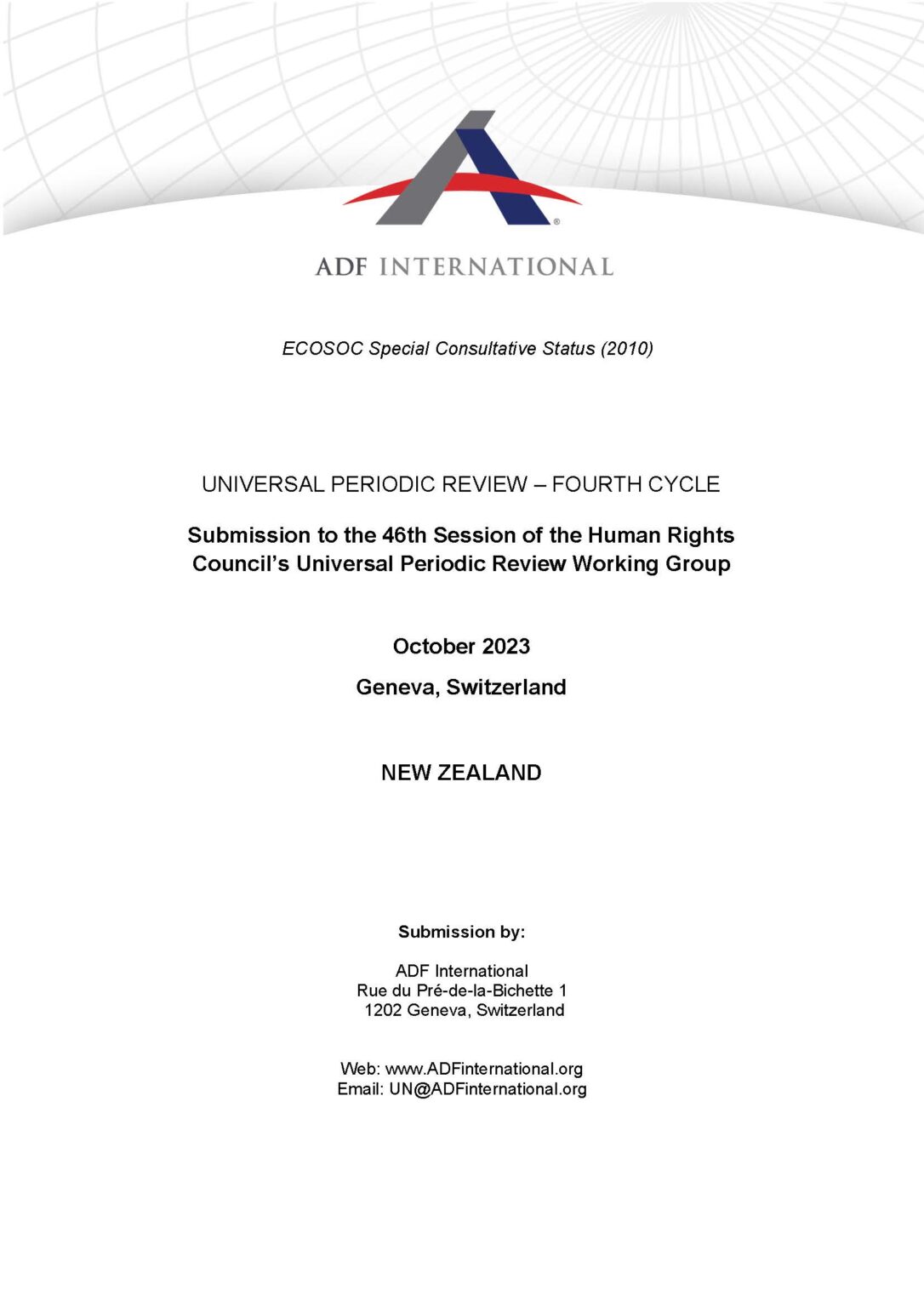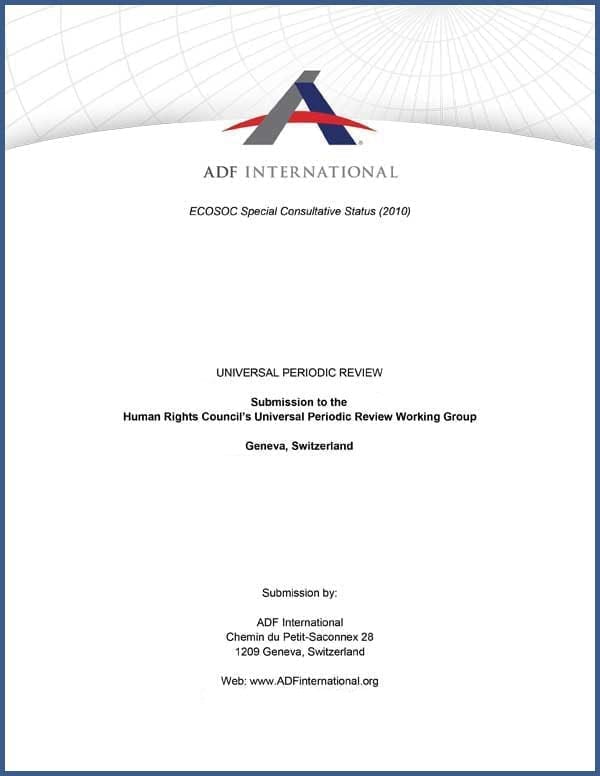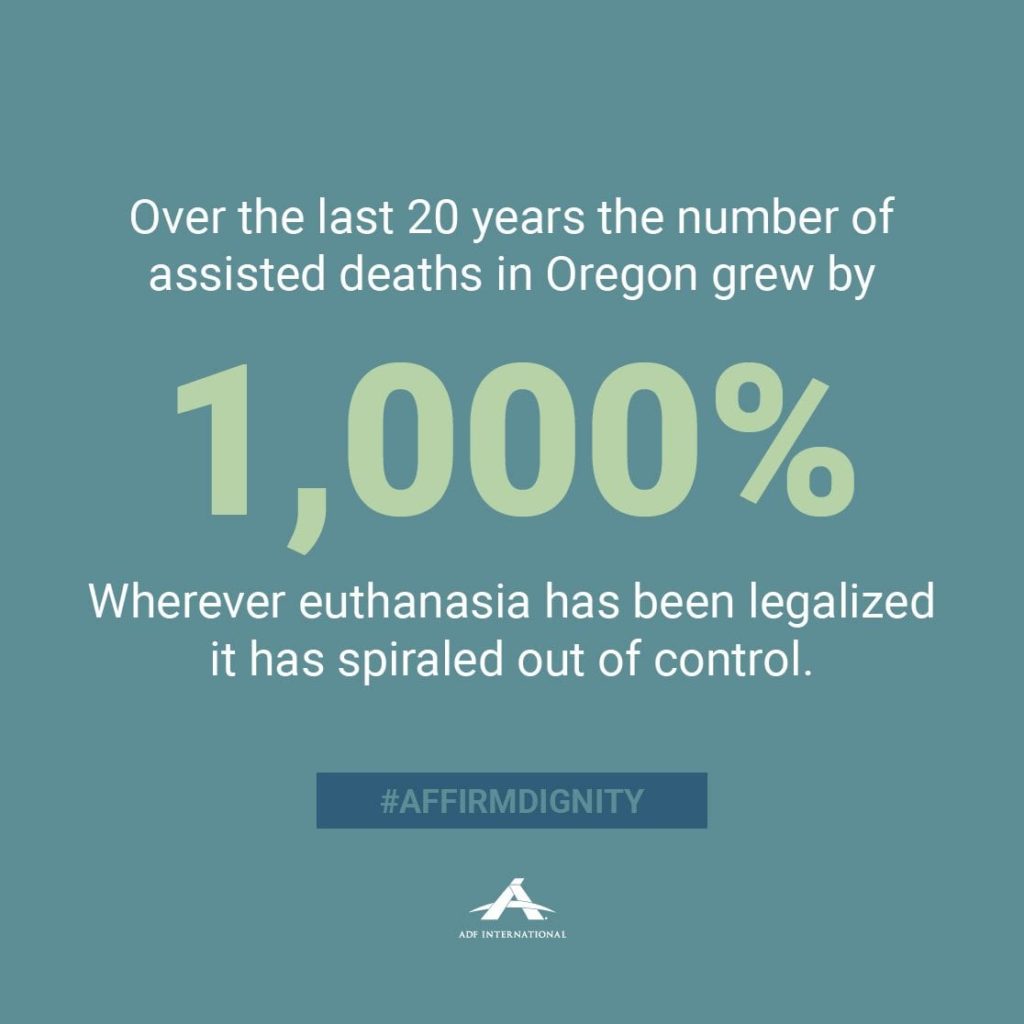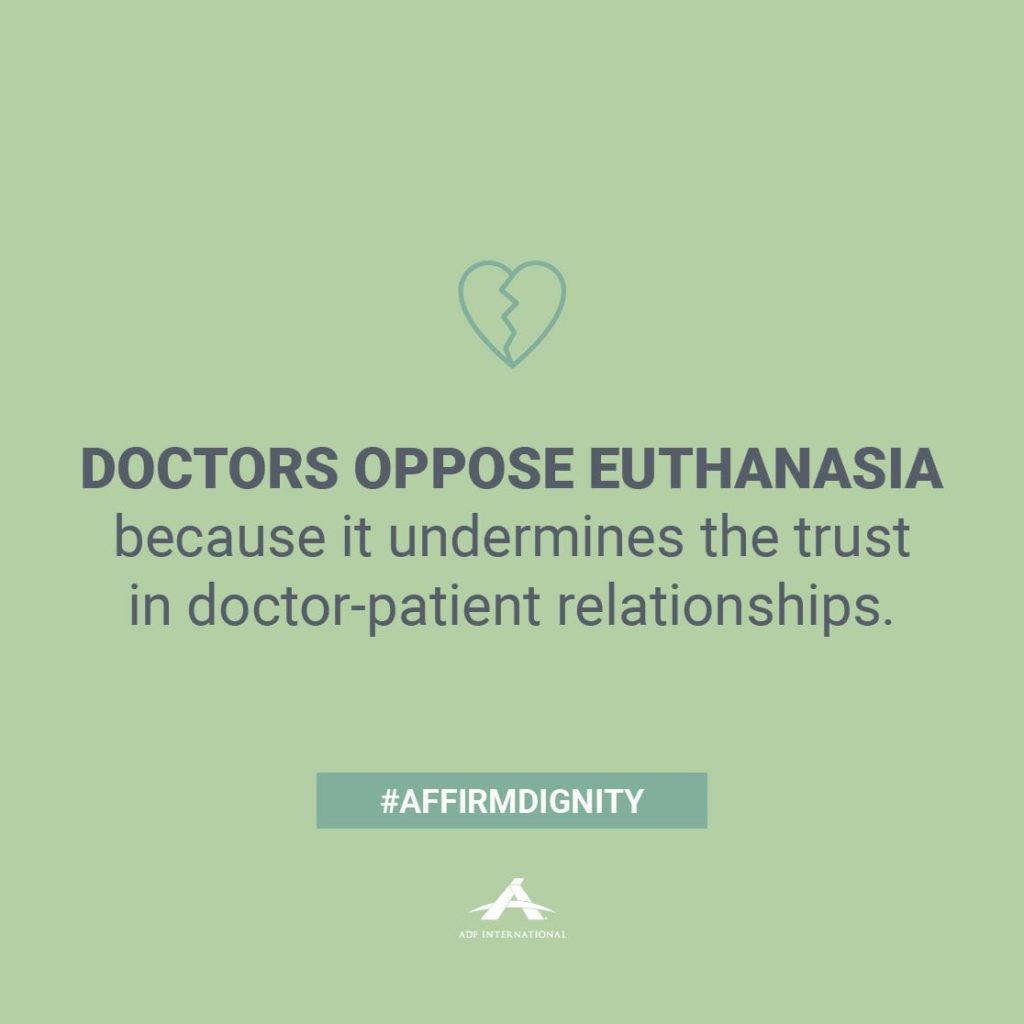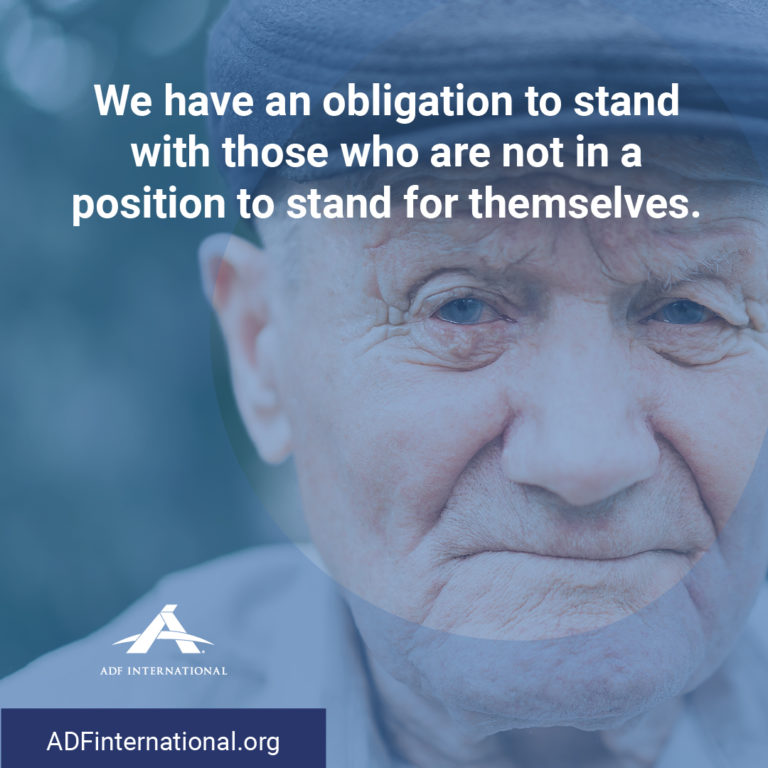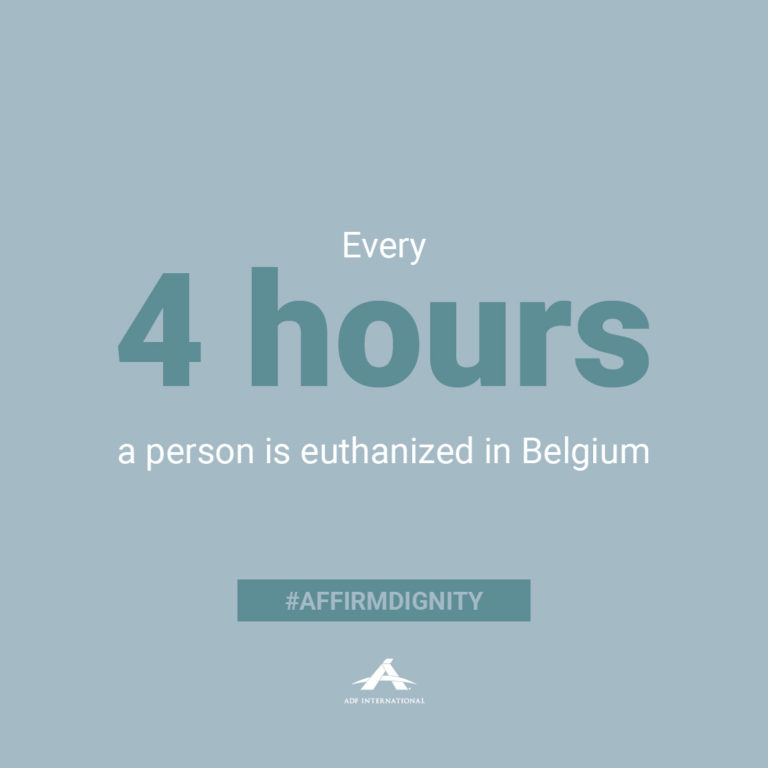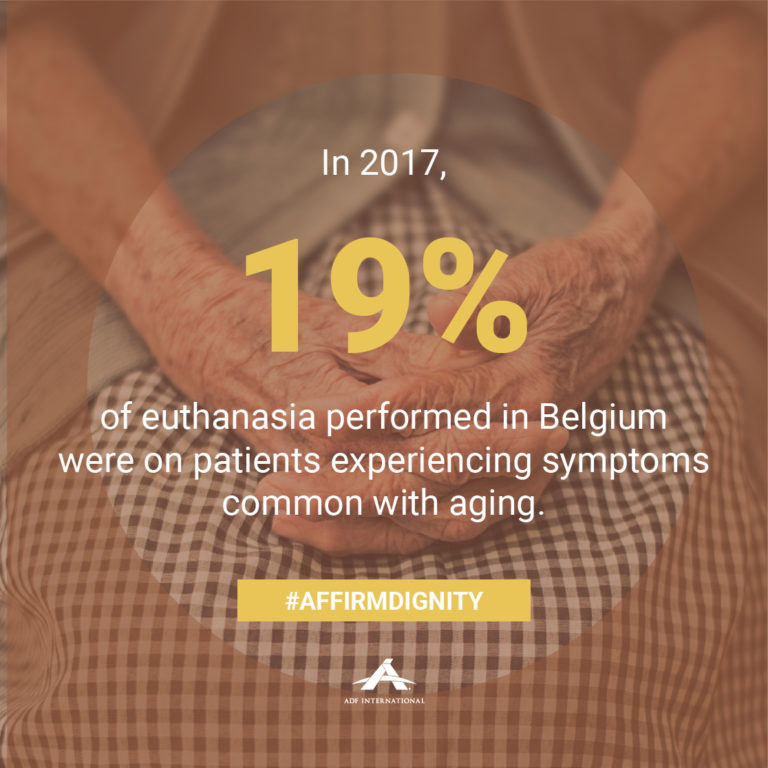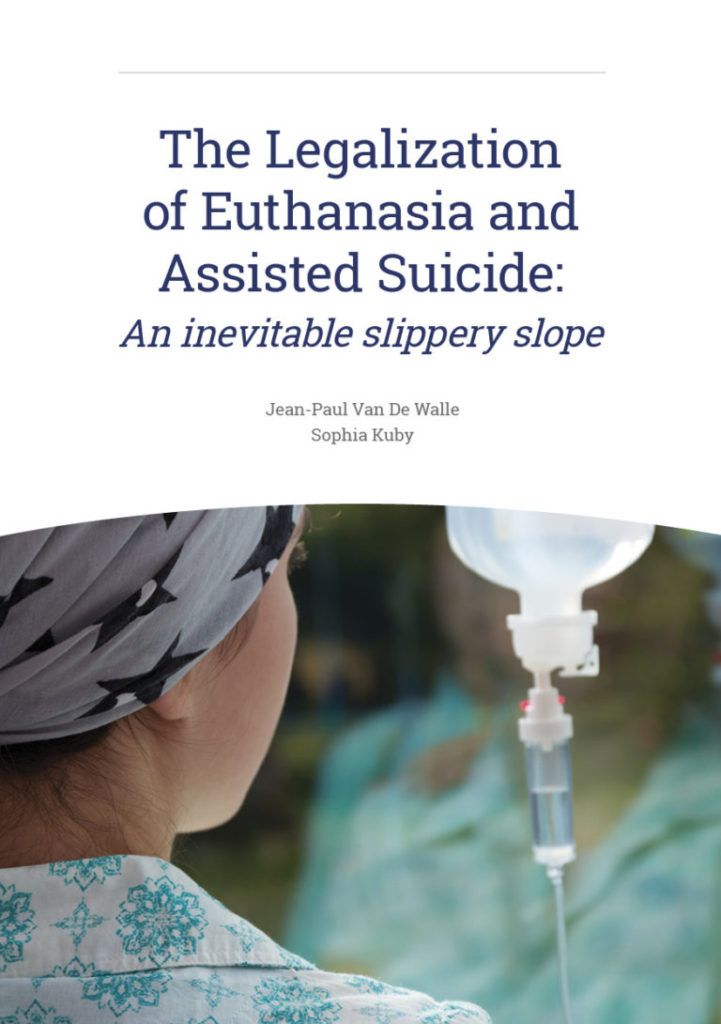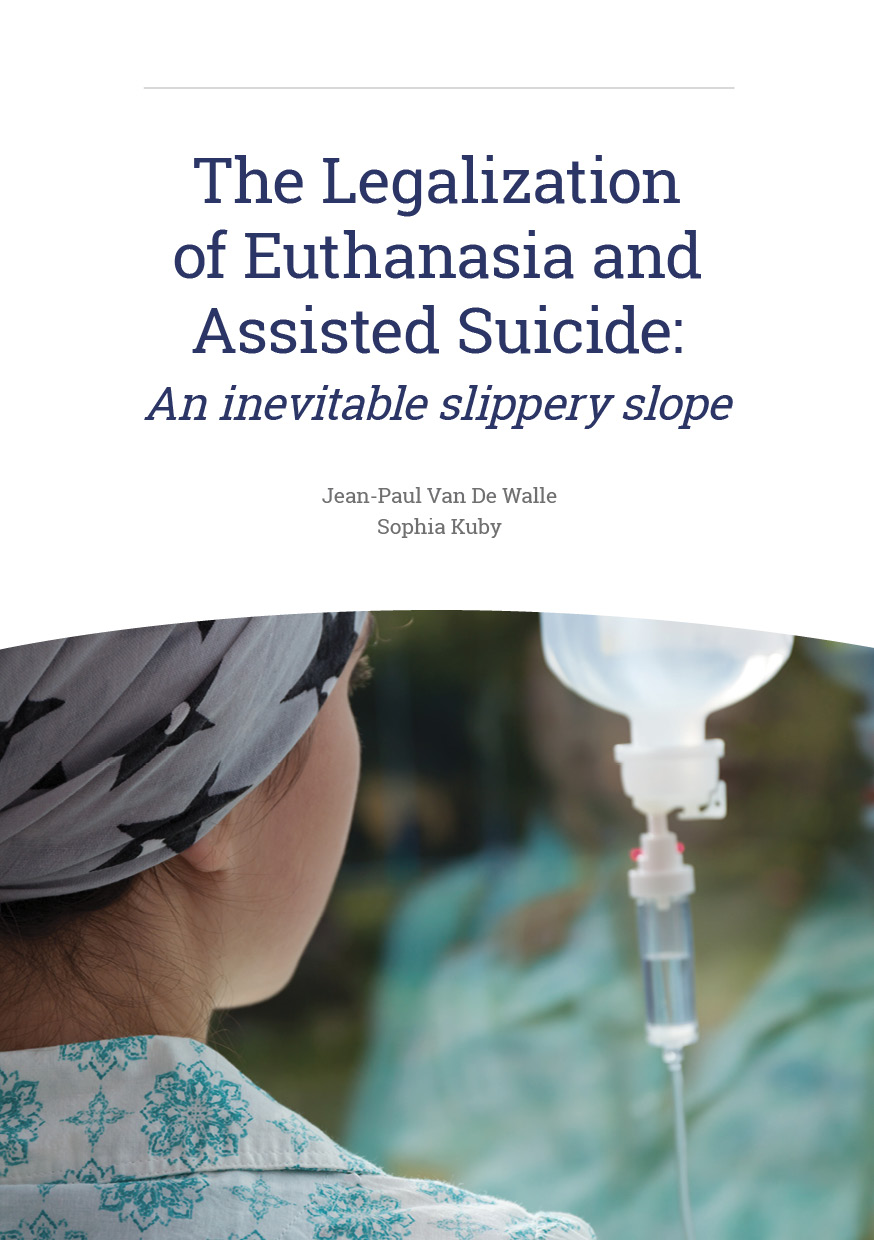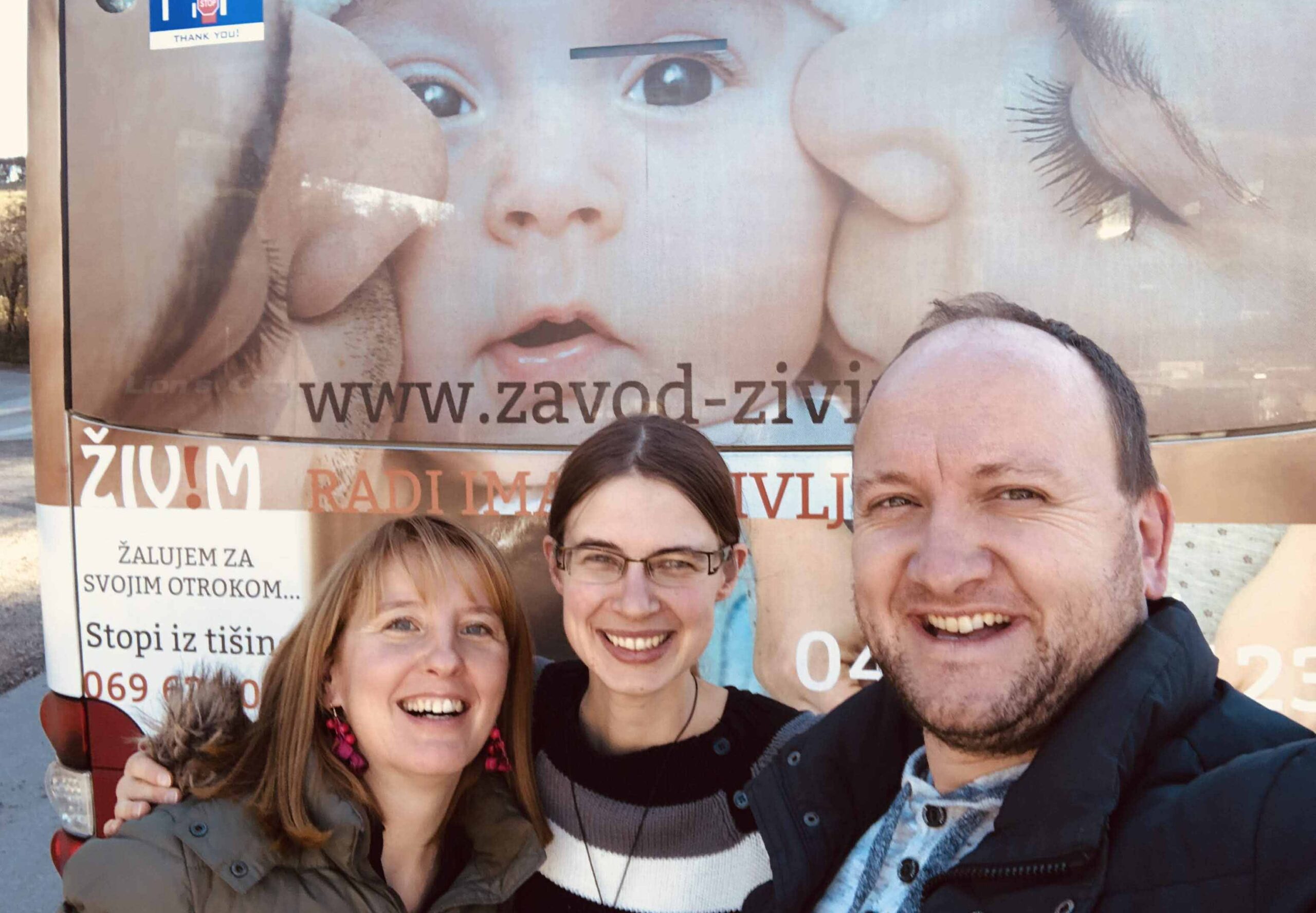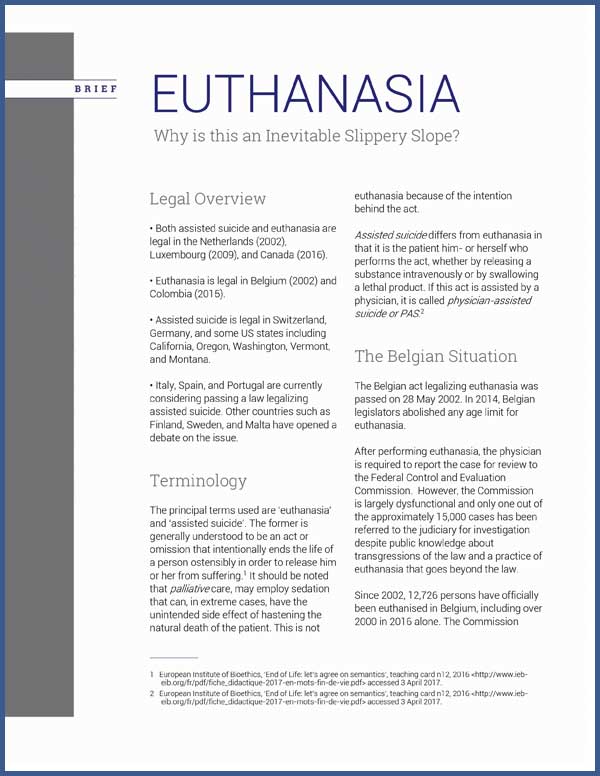Our legacy cases
Continue readingNew Zealand (46th Session)
This report outlines how Malta’s proposed equality legislation lacks appropriate safeguards for freedom of religion or belief, freedom of expression, as well as freedom of conscience.
Continue readingMexico (45th Session)
Canada (44th Session)
Affirm Dignity: Our Guide
Andreas Kersten: Germany
In Berlin, the pharmacist Andreas Kersten continues to be prosecuted for acting in line with his conscience.
Continue readingThe Legalization of Euthanasia and Assisted Suicide
This paper makes the case for the prohibition of euthanasia and assisted suicide.
Continue readingZavod ŽIVIM: Slovenia
Can state-owned service providers pull down ads that authorities decide they don’t like? In Slovenia, a state-owned bus company removed ads commissioned by the pro-life NGO Zavod ŽIV!M.
Continue readingInternational Planned Parenthood Federation: The whole story
At its founding in 1969, the United Nations Population Fund (UNFPA) had a core mission of restricting population growth in the name of humanitarian and economic development for the developing world.
Continue reading



